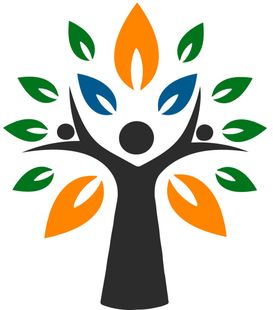
Leaders are the single most influential factor in building and changing culture. Through their words and, more importantly, their actions, leaders send messages to everyone in the organization as to what is the expected and right way to behave and do things. Our unique culture-based perspective helps leaders, individually or in teams, be their best by building on their strengths and expanding their influence to create great organizations with great cultures.
Leadership Assessment
Feedback is a gift. It helps us better understand ourselves, how others see us, and how we interact with the world to make sense of the complexity around us. While valuable for leaders at all levels, it is especially important for those in senior roles due to the impact and influence they have on others and the organization as a whole. We utilize a range of instruments including 360-degree interviews and surveys, as well as pyschometric assessments that help leaders better understand their strengths and developmental gaps. Perhaps even more important, we help them understand how their actions influence others and impact performance and strategy execution. With this knowledge in hand, we guide and support them in identifying developmental goals and plans that help them realize their full leadership potential.
Executive and Leadership Coaching
Leadership does not have a finite end point where we can look at ourselves and say ‘we’ve arrived’. The reality is that the quest to achieve our full leadership potential never ends. In fact, what defines a great leader is, at least in part, the awareness that there is always more room for personal growth. As coaches, our role is to act as reflection partners, guides, sounding boards, and at times to offer feedback, ask tough questions, and challenge leaders to question their assumptions and thinking. We strongly believe that our role is not to ‘fix’ or change people. We recognize and appreciate that each leader is shaped by past experiences that have helped him or her successfully navigate their world. When leaders understand the gifts and limitations resulting from these experiences, they can learn how to use the former and dial back the latter to become more effective.



